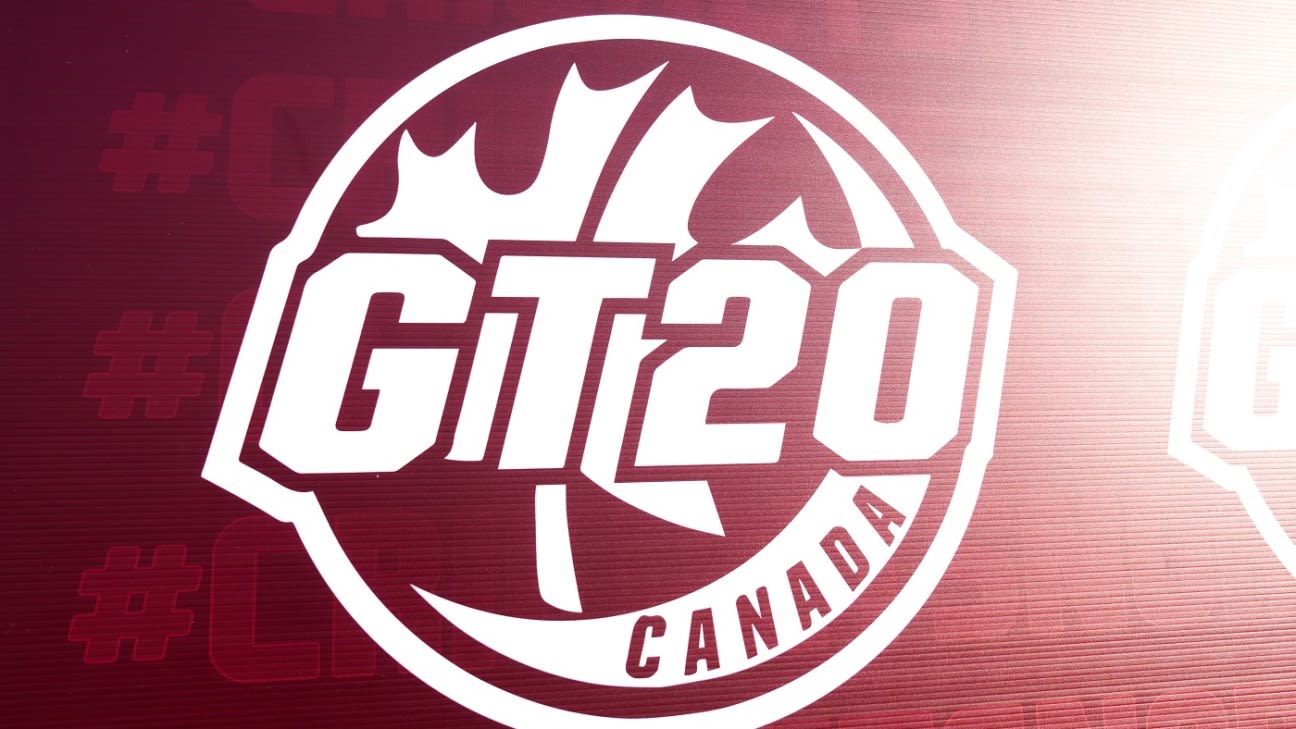Physical Address
304 North Cardinal St.
Dorchester Center, MA 02124
Physical Address
304 North Cardinal St.
Dorchester Center, MA 02124

It all started when persistent rain in Brampton kept players waiting for the eliminator to start. But with the clock ticking towards the cut-off time, the match officials decided only a Super Over would be possible and communicated the same to both teams, a decision that was in line with the playing regulations.
Zafir Yasin, the Bangla Tigers owner, argued that they shouldn’t have decided the result via a Super Over. GLT20 CEO Joy Bhattacharjya, however, explained the decision to play wasn’t arbitrary.
“We were trying to ensure there was a result either way, however heartbreaking as it may be for the team that loses a one-over shootout,” Bhattacharjya told ESPNcricinfo. “And it was all part of the regulations.”
When asked why the regulations were distributed via WhatsApp (by tournament director Ingleton Liburd), Bhattacharjya said, “they were sent to the managers’ group for immediate action, and all tournament-related updates had been provided on the same group until then”.
Bhattacharjya explained the Super Over wasn’t a sudden addition to the regulations.
“It’s not like the Super Over provision was brought in for just the game involving Bangla Tigers,” he said. “It was in place for both games [Qualifier 1 and eliminator]. It’s just that it wasn’t possible for the first game, and because the second game happened much later in the day, there was a little more time for the ground staff to work on the outfield.”
In the eliminator, after initial delays, a decision was taken to have a toss at 7.10pm, with the Super Over beginning at 7.30pm. As per regulations sent to both teams, there was a provision to call off the game if the Super Over didn’t begin by 7.50pm.
“At the time of the toss, the Toronto Nationals captain was present, but the Bangla Tigers team refused to appear,” GLT20 said in a statement. “The match referee explained the plausible consequences of the said action to the captain [Shakib Al Hasan] and thereafter the umpire subsequently awarded the match to Toronto Nationals.”
Yasin insists they had sought to have a minimum of five overs per innings, and not just a Super Over to decide the result. Bhattacharjya said the rules could not be changed just like that.
“Where’s the credibility for a league if rules are changed on the fly?” he said. “If we changed rules for one team, Brampton Wolves would’ve had every reason to argue they were robbed of an opportunity to directly qualify for the final instead of now having to play in the eliminator. The credibility was at stake.”
Bangla Tigers were also displeased that the boundaries were shortened before the official cut-off time to “remove the dangerous area of play from consideration”. Yasin said the organisers had “compromised the integrity of the competition” by seeking assistance from the Toronto owners to procure additional covers on the day of the playoffs.
“If the team owner intended to assist the tournament by purchasing covers, such a contribution should have been made before the tournament began, not before a crucial match,” Yasin said. “This situation raises concerns about the integrity of the league and the possibility that the league’s management decisions were influenced in favour of that team.”
Bhattacharjya explained this was done simply to ensure a crucial stage of the competition wouldn’t be decided by the elements and that these calls were made entirely by the match officials, who were the deciding authority.
“In a country like Canada, where such infrastructure isn’t always easily available, procuring additional covers was only done to ensure we did everything to have play,” Bhattacharjya said. “We readily accepted any help we could get, so that we didn’t leave anything to chance with the weather around.”
Shashank Kishore is a senior sub-editor at ESPNcricinfo